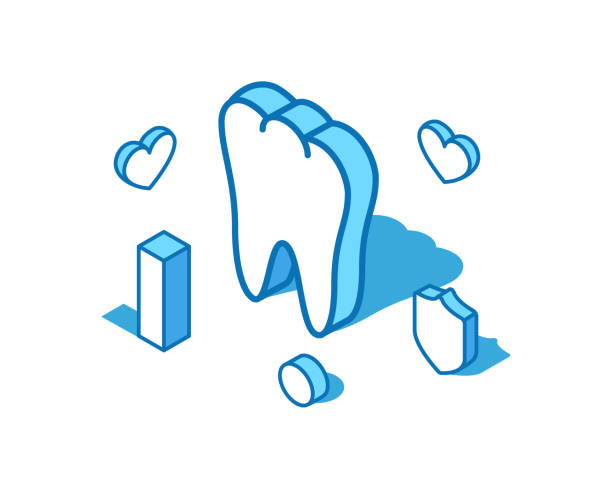Table of Contents
ToggleTooth enamel is the hardest substance in our bodies, which makes it one of the most durable. However, this hard outer layer can be worn away by acid erosion or tooth grinding. If you’re concerned about your tooth enamel and want to know if it can be restored using natural remedies or other means, read on!
What is tooth enamel?

There is a thin layer of material that covers the crown of your teeth, which is known as tooth enamel. It’s not just any kind of tissue though—it’s one of the hardest tissues in the human body.
Tooth enamel is made up of minerals, mainly calcium, and phosphate, that form crystals to create this super-hard protective layer. The mineral content of tooth enamel is about 96%.
Understanding Tooth Enamel Damage
Tooth enamel, the outer layer of our teeth, is remarkably strong. However, it is not impervious to damage. Daily wear and tear, poor oral hygiene practices, and certain dietary factors can contribute to the erosion of tooth enamel over time. Enamel erosion is characterized by the loss of mineral content, resulting in weakened and thin enamel.
The Importance of Restoring Tooth Enamel
Once tooth enamel is damaged, it cannot regenerate naturally. Therefore, taking proactive measures to restore and strengthen weakened enamel is crucial. Restoring tooth enamel helps prevent further erosion and protects your teeth from sensitivity, cavities, and other dental complications.
Remineralization: A Natural Approach
One effective method for restoring tooth enamel is through the process of remineralization. Remineralization involves replenishing lost minerals in the enamel to help restore its strength and integrity. While the body naturally remineralizes teeth to a certain extent, incorporating specific techniques can enhance this process.
1. Maintain Good Oral Hygiene
Practicing proper oral hygiene is paramount in supporting enamel remineralization. Brushing your teeth twice a day with fluoride toothpaste helps provide the necessary minerals to strengthen enamel. Additionally, flossing daily and using an antiseptic mouthwash helps remove plaque and bacteria, promoting a healthy oral environment.
2. Consume Enamel-Friendly Foods
A balanced diet rich in essential vitamins and minerals is essential for enamel restoration. Foods that are high in calcium, such as dairy products, leafy greens, and fortified foods, help replenish lost minerals. Incorporating foods with a high phosphorus content, like fish, meat, and nuts, also aids in remineralization. Furthermore, reducing sugary and acidic food and beverage consumption minimizes enamel erosion.
3. Utilize Fluoride Treatments
Fluoride treatments, available in various forms such as toothpaste, mouthwash, and gels, can significantly contribute to enamel remineralization. Fluoride helps strengthen weakened enamel by attracting minerals and promoting their incorporation into the enamel structure.
4. Seek Professional Dental Treatments
Visiting your dentist regularly is crucial for monitoring the health of your teeth and enamel. Professional dental treatments like enamel microabrasion, dental bonding, and dental sealants can aid in restoring tooth enamel. Your dentist will assess the severity of enamel damage and recommend the most suitable treatment option for you.










